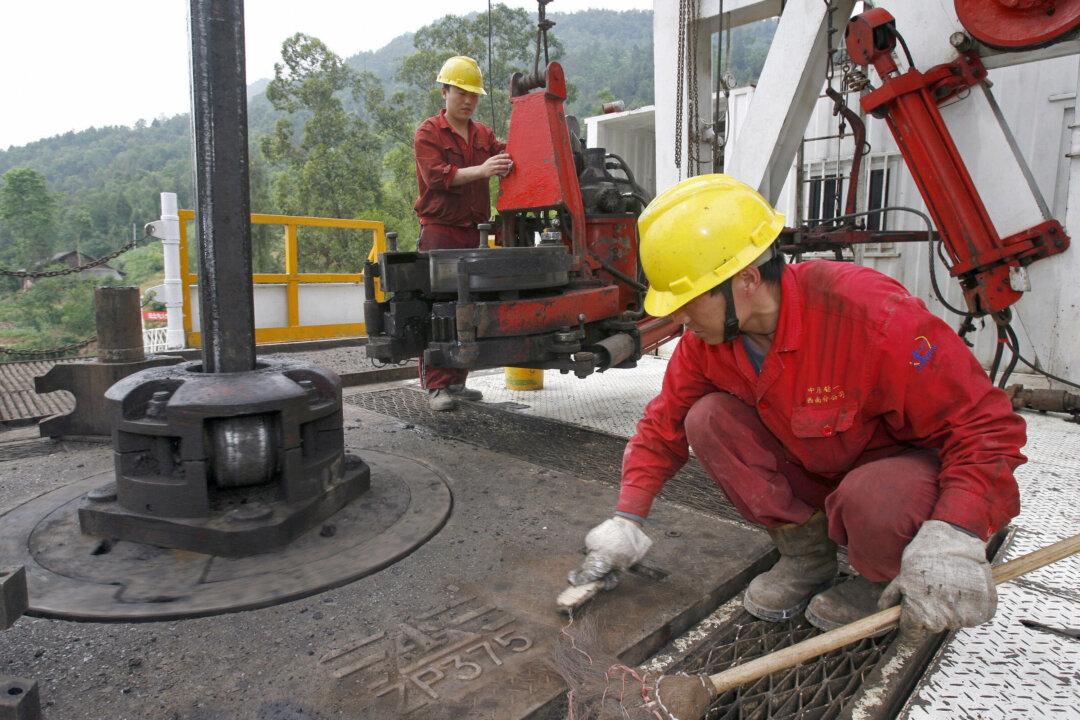Bejing has openly opposed the West-led economic sanctions on Russia while insisting it would maintain normal trade exchanges with the country despite its invasion of Ukraine. However, Chinese authorities have recently urged state-run companies to be cautious about their investment in Russia, due to fears it may also be subjected to similar sanctions.
Quoting insiders, Reuters reported that China Petroleum & Chemical Corporation (Sinopec) recently suspended its plan to invest up to $500 million in a new gas chemical plant in Russia.





